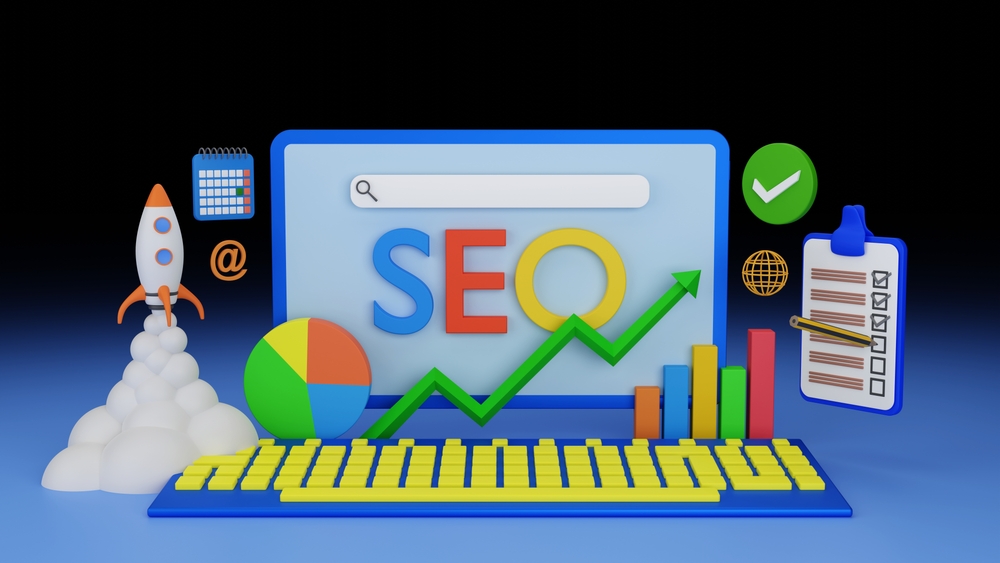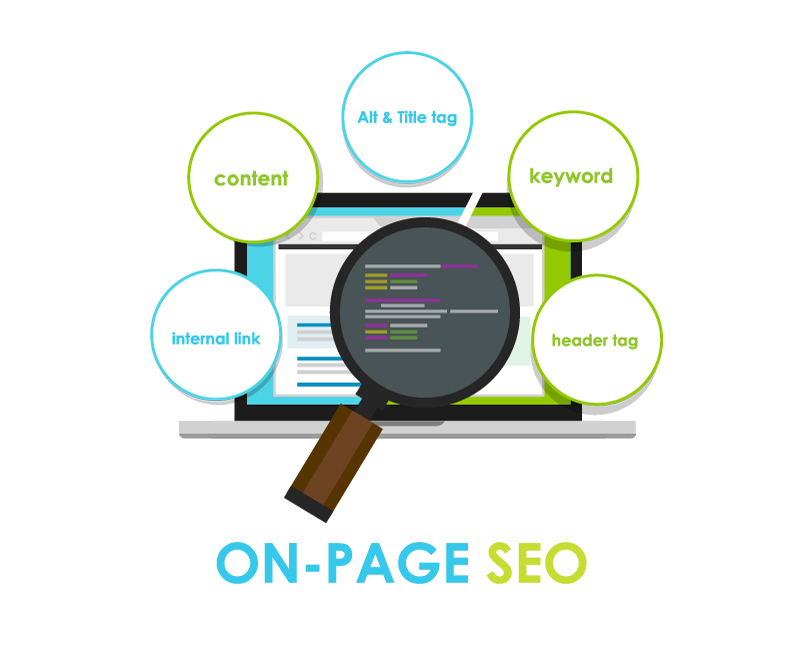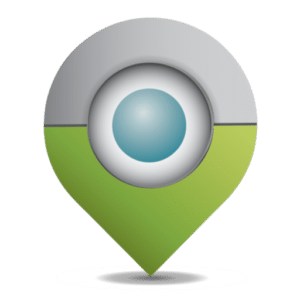On-page SEO is the process of optimizing individual web pages to improve their search engine rankings and generate more relevant traffic. In contrast to off-page SEO, which refers to links and other external signals, on-page SEO refers to both the content and HTML source code of a website optimized.
What is Meant By On-Page SEO?
On-page SEO is the process of optimizing web pages to increase organic traffic and boost a website’s search engine results page (SERP) rankings (search engine results pages). This includes improving the HTML, internal links, and metadata (meta title, meta description, and keyword density) and uploading high-quality, relevant content and photos. Because of on-page SEO, when you combine all of these characteristics of a webpage, you have a better webpage.
Similarly, there are search engine ranking elements outside the site owner’s control; this is referred to as off-page SEO. For example, backlinks from other websites, social media, brand mentions, and shares can all directly or indirectly impact a site’s SERP ranks.

What is On-Page SEO And Off-Page SEO?
On page SEO is optimizing individual web pages to improve their search engine rankings and generate more relevant traffic. On-page optimization is a factor that affects how your website and web pages appear in natural search results on search engines like Google, Yahoo, and Bing.
On the other hand, Off-page optimization is a technique that can be utilized to increase a website’s position on a search engine results page (SERPS). Off-page SEO is sometimes confused with link building, but it is much more than that. It’s also employed in marketing techniques such as blogging, website design, social bookmarking, etc.
What is On-Page SEO With Example?
Any optimization that you control and incorporate on your website is referred to as on-page SEO. On-page optimizations try to increase your ranks or visibility in search results on Google, Bing, and other search engines by making your website more usable and beneficial to users.
The following are some examples of on-page SEO:
- Optimizing your title tags and meta descriptions
- Writing in-depth, quality content
- Cleaning up your site’s code
- Streamlining your site’s navigation
- Speeding up your website
Why is On-Page SEO Important?
On-page Search engines use SEO to assess your website and the information associated with it to determine whether a searcher’s query is relevant to your site. Google’s algorithm is continually updated to comprehend a searcher’s intent better and produce search results relevant to that user’s needs. Therefore, your website should evolve in tandem with Google’s algorithm.
It’s critical that your website and content, both visible to people (media, content, photos) and what’s visible to search engines (meta data, HTML), be optimized according to the newest Google and Bing policies. Search engines will be able to understand your site and how to rank it due to this.
It is critical to optimize a website’s on-page SEO, whether large or small. SEO is one of the most widely used digital marketing tactics, and it continues to be popular due to its consistent return on investment. On-page SEO provides the strongest return on investment (ROI) of nearly any digital marketing technique. In addition, its low cost and long-term benefits can help websites thrive and bring in passive visitors for years.
Because search engines like Google and Bing account for over half of all website traffic, search traffic also accounts for nearly 40% of online revenue. So here’s another item to consider: The top 1st Google result receives more than 32% of keyword traffic, while the first page of search results receives up to 91.5 percent.
On-page SEO is crucial for this reason. Without it, your site may be missing out on important opportunities to rank for search queries related to your industry. In addition, competitors may drag your site down search results if you don’t have an SEO strategy in place. Because the search marketing industry has grown to $79 billion in size, this is a significant reason why many businesses use an SEO firm.

What Are The Types of SEO?
There are three types of SEO:
On-page SEO – Anything on your web pages – Blogs, product copy, web copy.
Off-page SEO – Anything which happens away from your website that helps with your SEO Strategy- Backlinks.
Technical SEO – Anything technical undertaken to improve Search Rankings – site indexing to help bot crawling.
How Can I Learn SEO on My Website?
SEO on your website can take on many forms, but it is important always to consider the user. By incorporating on-page SEO into blog posts and product pages, you create a more useful experience for site visitors.
To learn about SEO on your website here’s a quick checklist:
- Include your keyword in the title – H1 tags are commonly used to wrap page titles. That’s presumably why using your keyword in the title has been SEO advice for a long time. Most SEO professionals are accustomed to including the keyword in the title. You’ve probably seen them previously in the titles of our posts.
- Use short, descriptive URLs – Short and descriptive URLs make it easier for searchers to figure out what a page is about before clicking.
- Optimize your title tag – Having an appealing title tag is crucial because it appears in the search results.
- Write a compelling meta description – The meta description of a page is frequently used by Google as the descriptive snippet in the SERP. Although meta descriptions aren’t used to determine rankings, they are crucial because a compelling description can lead to more clicks and visitors.
- Optimize your images – Images can help you rank in Google image searches, bringing you more traffic. Over 4,000 blog views have come from image searches in the last 28 days.
- Add internal and external links – Visitors can traverse your website and get more information by linking to pertinent internal and external sites. However, some argue that linking to other websites is detrimental to SEO.
Is a One Page Website Good For SEO?
For one-page sites, SEO isn’t a huge concern (Search Engine Optimization). They could hurt your Google ranking, resulting in fewer conversions and user engagement. Because single-page sites have little content, target keywords are usually neglected. Furthermore, siloing (the practice of organizing your website by major areas of interest to display authority in those areas) is a no-no. The good news is that there are workarounds, such as incorporating descriptions and supplementary graphics within the expandable div.
Furthermore, the one-page website isn’t the best choice for a growing brand because of its restricted potential to scale. As we’ve seen, single-page websites have a narrow focus and are thus unsuitable for websites that require a vast, complicated, and varied amount of content. So, even if you have a modest site, consider where you’ll be in a few years and keep that in mind while deciding between single-page and multi-page designs.
What is a Good Page Rank?
A page rank is a metric on Google that measures the importance of individual pages on websites. For example, a PageRank score of 0 is typically a low-quality website, whereas, on the other hand, a score of 10 would represent a good page rank and only the most authoritative sites on the web.
Page ranks are on a logarithmic scale, meaning that on page two of the results, the average value is ten times less than on page one. Page rank was designed to preserve the core idea behind Google’s ranking algorithm: quality matters more than quantity. So it doesn’t matter how many pages you have on your site; what counts is their quality and relevance on the web.
PageRank isn’t a metric for how popular a website is. If you were to look at popular websites, you’d find that pornographic websites are quite popular. People, on the other hand, are less likely to link to pornographic websites. On the other hand, a website like the Wisconsin Real Estate Board probably doesn’t get a lot of traffic, but it does get many people to connect to government websites. As a result, whereas popularity is a measure of where people go, PageRank is a much better measure of reputation, a reputation of where people link. And there is a discrepancy. Otherwise, porn sites would have the highest PageRank, while government sites would be ranked extremely low in our system.
Thoughts
Local-Interactive helps businesses expand through on-page SEO. However, after so many years in the business, we understand that some organizations don’t have the time to do it themselves.
This is where we can help.
We understand all of the techniques and best practices for ensuring that your company appears at the top of the search results, which will help you develop your business. Our award-winning SEO team aspires to the moon and back to boost your company’s bottom line.
To discover more about our on-page SEO services, contact us today!





